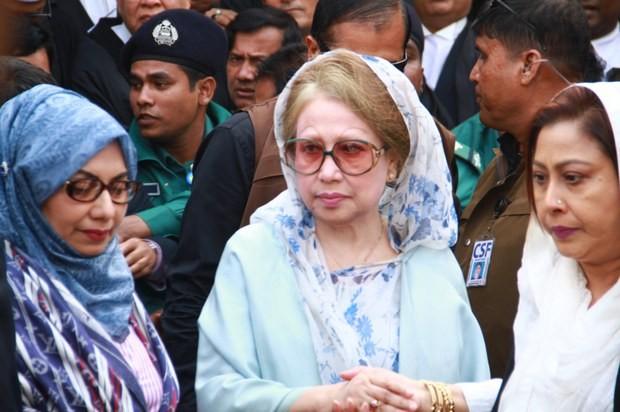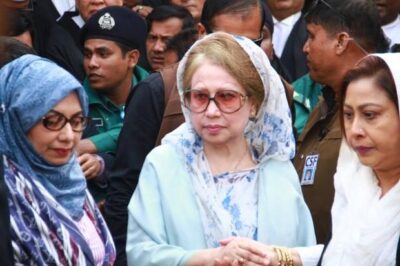
A Symbolic Homecoming
On May 6, 2025, former Prime Minister Khaleda Zia returned to Dhaka after four months of medical treatment in London. Her arrival at Hazrat Shahjalal International Airport was met with enthusiastic crowds and tight security. Zia, who appeared in a wheelchair, smiled and waved to supporters as she was escorted by her two daughters-in-law. The return was facilitated by Qatar’s Emir, Sheikh Tamim bin Hamad Al Thani, who had previously arranged her transport to London in January. Zia’s return carries significant political weight, especially as she had been previously jailed on corruption charges that her party, the Bangladesh Nationalist Party (BNP), claims were politically motivated.
Health Challenges and International Support
At 79, Zia suffers from several health conditions, including liver cirrhosis, diabetes, arthritis, and complications related to her kidneys, heart, and eyes. Her medical treatment in London included a procedure known as trans-jugular intrahepatic portosystemic shunt (TIPS) to address liver complications. Following her discharge from the London Clinic, Zia was accompanied by her son, Tarique Rahman, who has been residing in the United Kingdom since 2008. This marks the first reunion between mother and son in seven years. Zia’s return was made possible through the assistance of Qatar’s Emir, who provided a special air ambulance for her journey.
Political Implications
Zia’s return adds pressure on Bangladesh’s interim government, led by Nobel laureate Muhammad Yunus, to hold national elections. The interim government has pledged to conduct elections by December 2025 or June 2026, contingent on necessary reforms. Zia and her party have been advocating for elections in December to restore democratic governance. The BNP has expressed hope that Zia’s return will facilitate the path to democratic transition.
Historical Context
Khaleda Zia and her political rival, Sheikh Hasina, have alternated in power since 1991, leading Bangladesh through periods of democratic governance and political turmoil. Zia served as prime minister three times, while Hasina led the country for 15 years. Zia’s previous convictions on corruption charges were viewed by her supporters as politically motivated. Her release from jail and subsequent return to Bangladesh signify a shift in the political landscape, with both major political figures now outside the country – Zia in Dhaka and Hasina in exile in India.
Looking Ahead
Zia’s return to Bangladesh is a pivotal moment in the country’s political history. It raises questions about the future of democratic governance and the role of political leaders in shaping the nation’s trajectory. As the interim government faces mounting pressure to hold elections, the coming months will be crucial in determining the direction Bangladesh takes toward restoring democratic processes. Zia’s presence in the country is expected to influence political dynamics and may play a significant role in the push for timely and fair elections.









































Leave a Reply